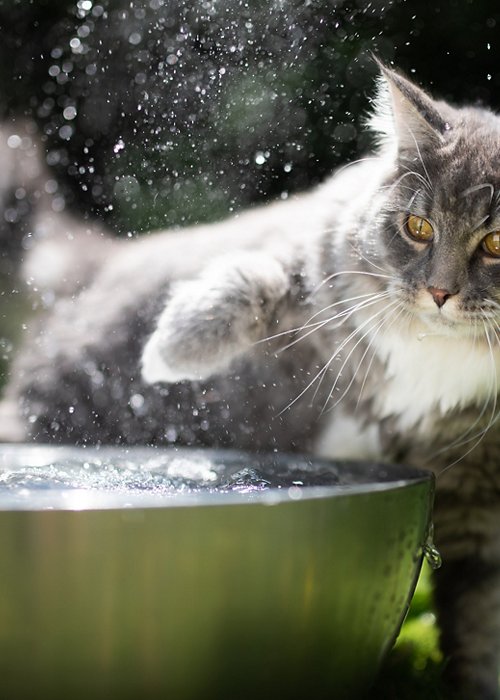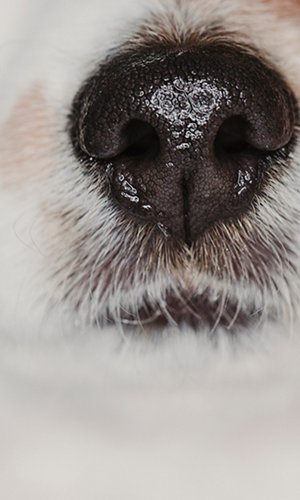It’s an iconic image: a cat fleeing in terror at the sight of a puddle or a running tap. While some breeds, such as the Turkish Van, are known for their affinity with water, most of our domestic felines appear to harbour a deep aversion. But why? Although no scientific studies are dedicated exclusively to this question, experts point to several reasons linked to their biology, evolutionary history and even upbringing. One of the most widely accepted theories has its roots in evolutionary origins. Our domestic cats descend from the African wildcat, a species that thrived in desert environments. In such habitats, large bodies of water were scarce, and cats never developed the need or physical adaptation to swim or regularly interact with water. They are simply not “built” for it. Physical discomfort, however, plays a crucial role. A cat’s fur is not water-repellent like that of some other animals. When wet, it becomes heavy and soaked, making movement clumsy and drying the coat difficult. This can lead to loss of body heat—a risk in cold environments. Water can also alter or mask their natural scent and pheromones, which are essential for communication and identity, causing additional distress. Some experts even suggest that cats may detect unpleasant odours or chemicals in tap water. In the end, their aversion to water is likely a combination of these innate factors and individual experiences. While early exposure may make kittens more tolerant, many will still retain their dislike, preferring instead their meticulous dry grooming.





